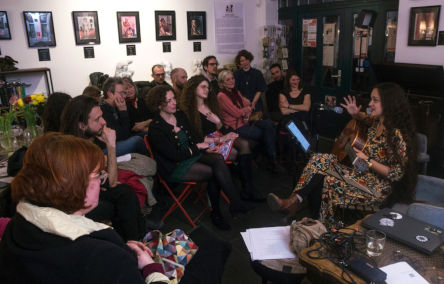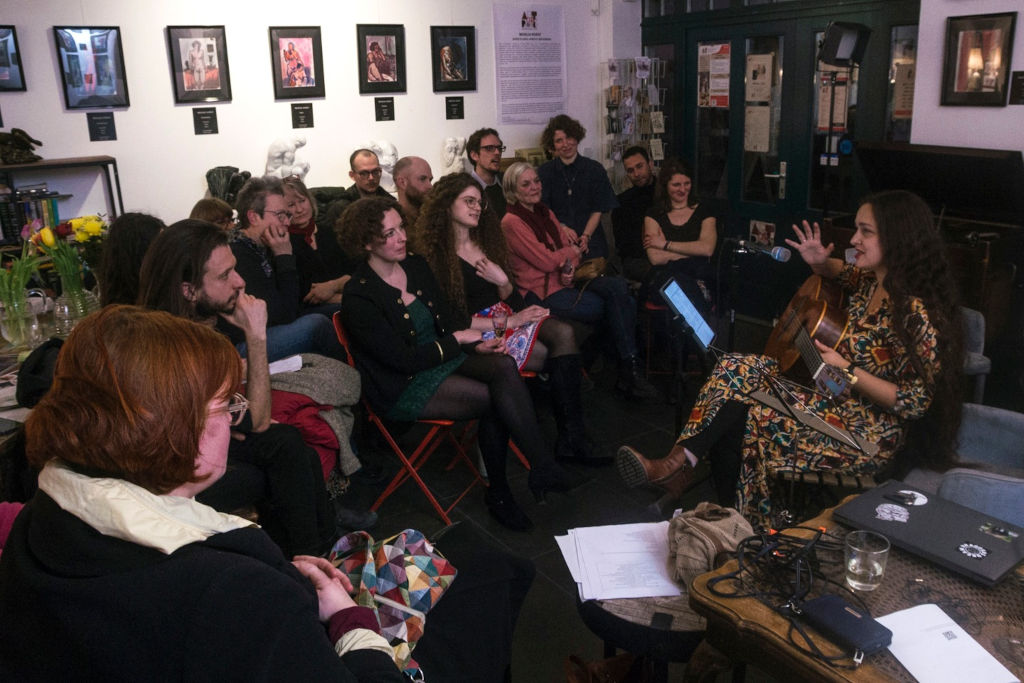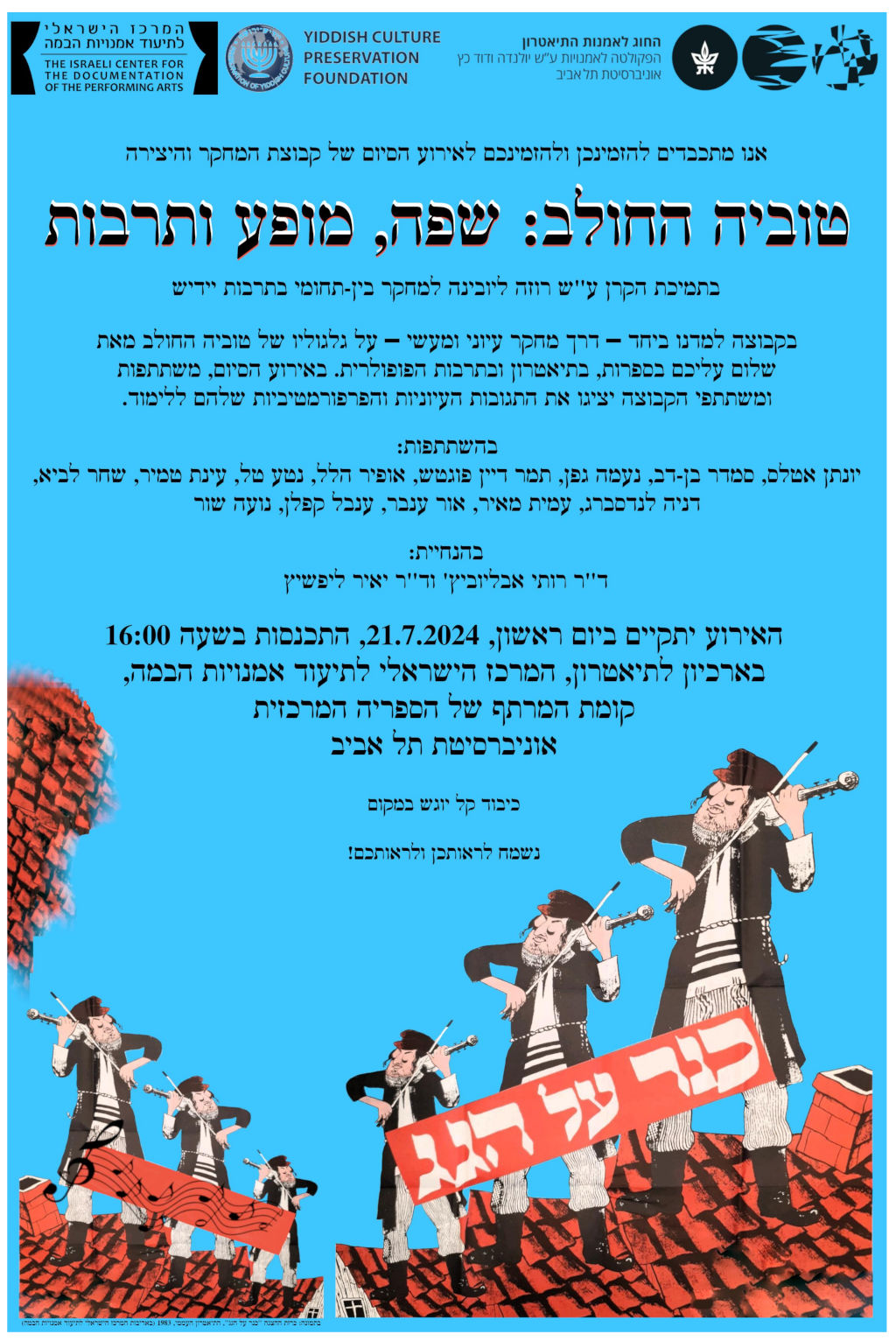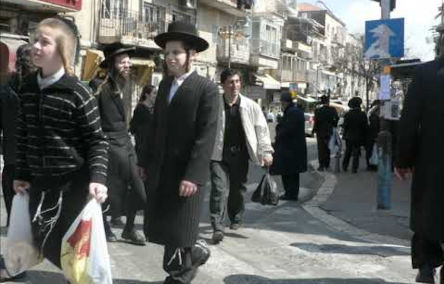On September 14, 2024, the Moscow Shalom Theater began its current season by opening the new exhibition From GOSET to Shalom, dedicated to the contribution of Jewish and Yiddish culture to the development of performing arts in general and to the history of the Soviet state Jewish theater.
The Shalom Theater considers itself a direct heir and successor of the famous GOSET, the Moscow State Jewish Theater directed by Solomon Mikhoels, whose history dates back to 1917, when the Pale of Settlement was abolished, and to 1919, when the first Soviet Jewish theater was established in Petrograd by the Theater Department of the People’s Commissariat of Education.
GOSET was closed in 1949. After a long break, in the fall of 1962, the Moscow Jewish Drama Ensemble (MEDA) was created by the cultural organizarion Mosconcert and Veniamin (Binyomin) Schwarzer became its artistic director. Some of the GOSET artists joined the ensemble. In 1986, MEDA was transformed into the Moscow Jewish Drama Theater Studio, and in 1988 it was given its current name Shalom.
The curators of the exhibition, historian and journalist Evgenia Gershkovich, artist and designer Natalya Shendrik, historian Irina Pekarskaya focus on the bright personalities of the Jewish theater’s directors through the entire period from the original GOSET to Shalom. The directors’ portrait gallery was created by the graphic artist Vladimir Tyan. Tribute is also paid to the actors who dedicated their lives to the Jewish theater. One can see their faces and names in the photographs and videos of Oleg Lipovetsky’s concert performance Shalom 48-23.
In addition, the exhibition presents rare archival materials related to the history of GOSET, including scenery models, posters, Solomon Mikhoels’ desk and armchair, and a full-size copy of Marc Chagall’s panel from the cycle Introduction to the Jewish Theater.
The exhibition’s partners are the Tretyakov Gallery, the Moscow Jewish Museum and Tolerance Center, the Bakhrushin Theatre Museum and the The Comité Marc Chagall (France).
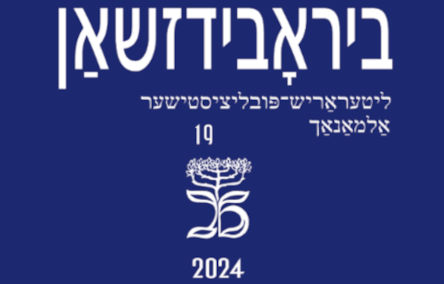
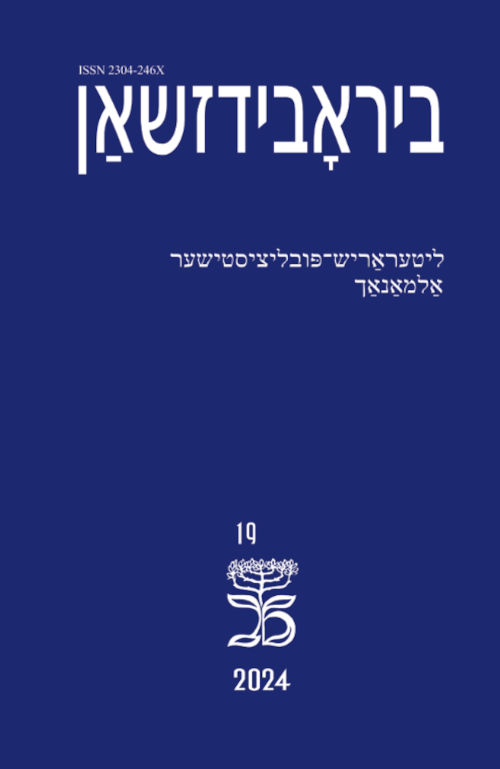 On September 13, 2024, the official Russian TV channel Bira presented a new episode of its Yiddish-oriented weekly program Yiddishkeit dedicated to the recently published 19th issue of the annual almanac Birobidzhan — a book-sized 260-page journal largely devoted to the 90th anniversary of the Jewish Autonomous Region of Russia, established by the Soviet government in 1934.
On September 13, 2024, the official Russian TV channel Bira presented a new episode of its Yiddish-oriented weekly program Yiddishkeit dedicated to the recently published 19th issue of the annual almanac Birobidzhan — a book-sized 260-page journal largely devoted to the 90th anniversary of the Jewish Autonomous Region of Russia, established by the Soviet government in 1934.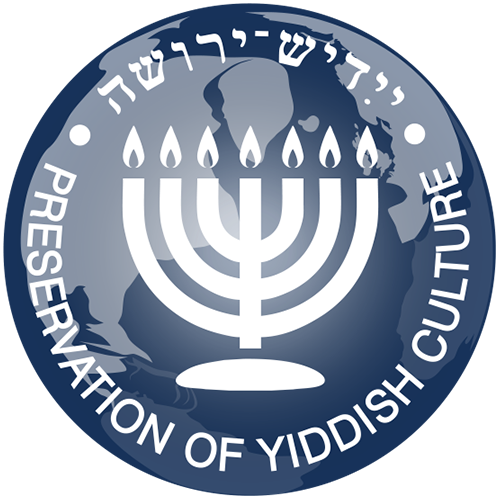
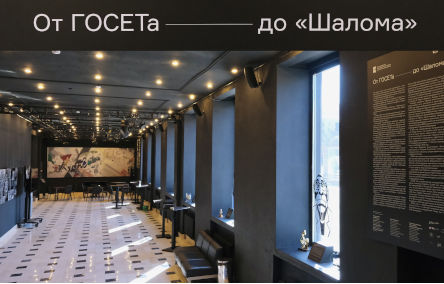
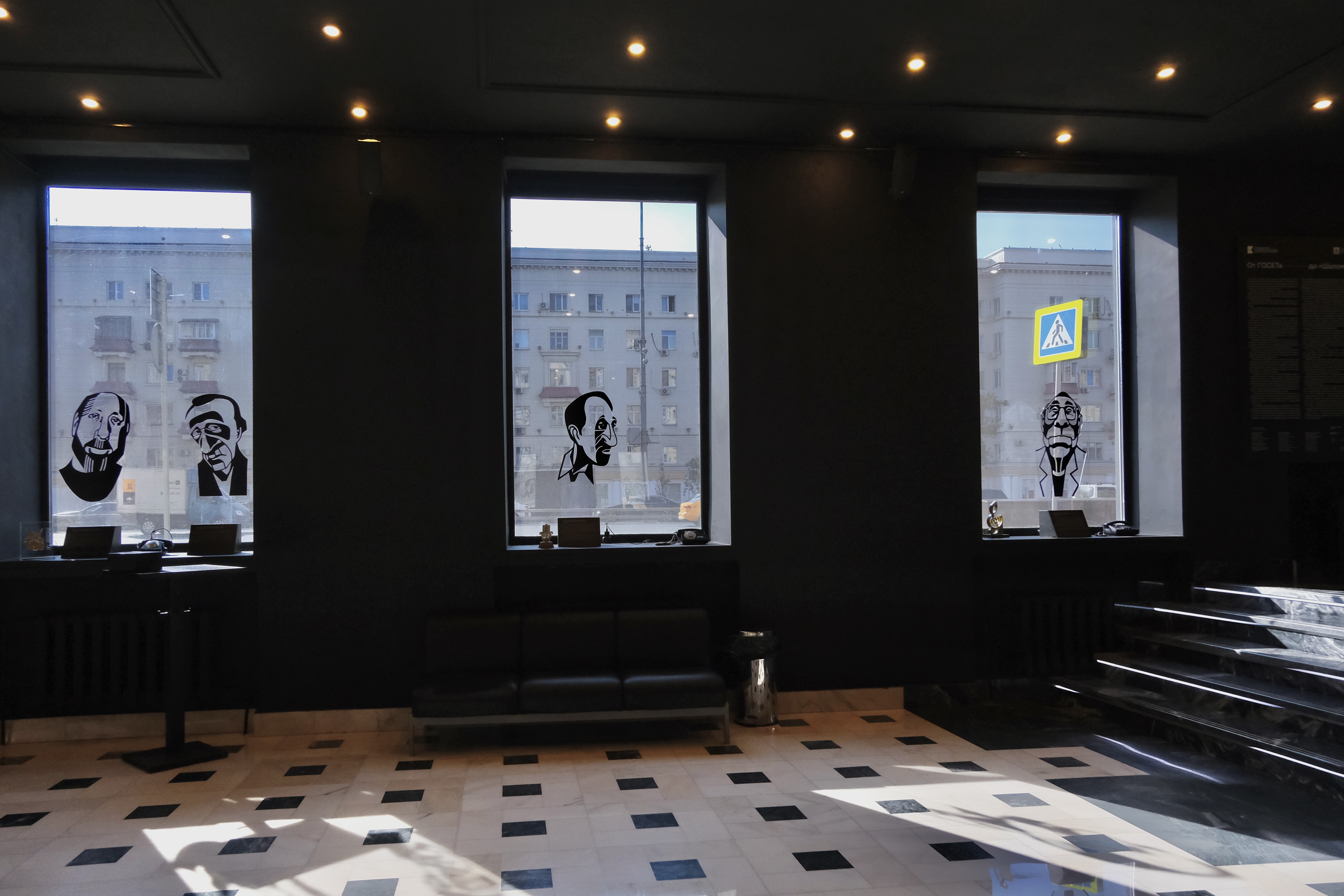
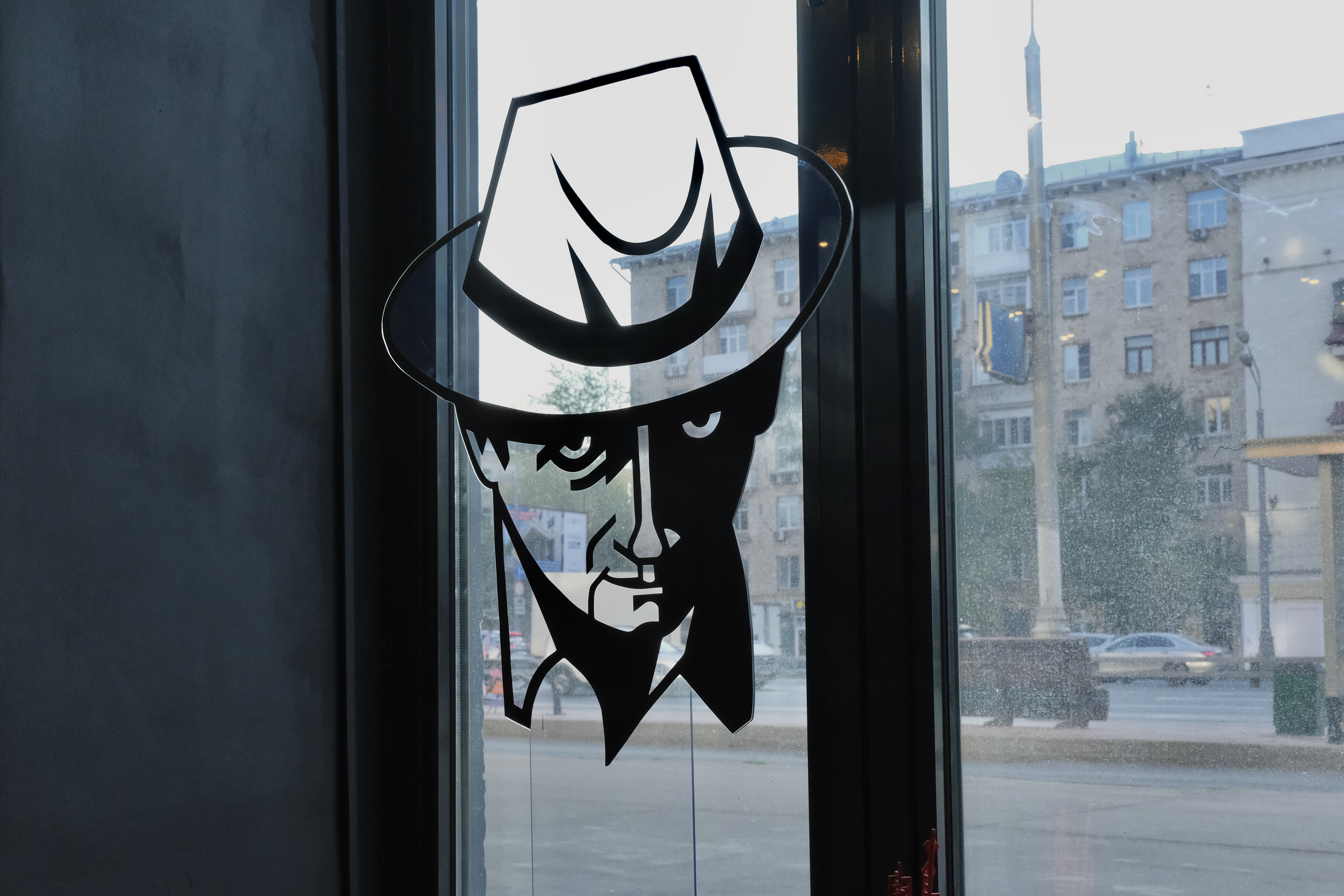
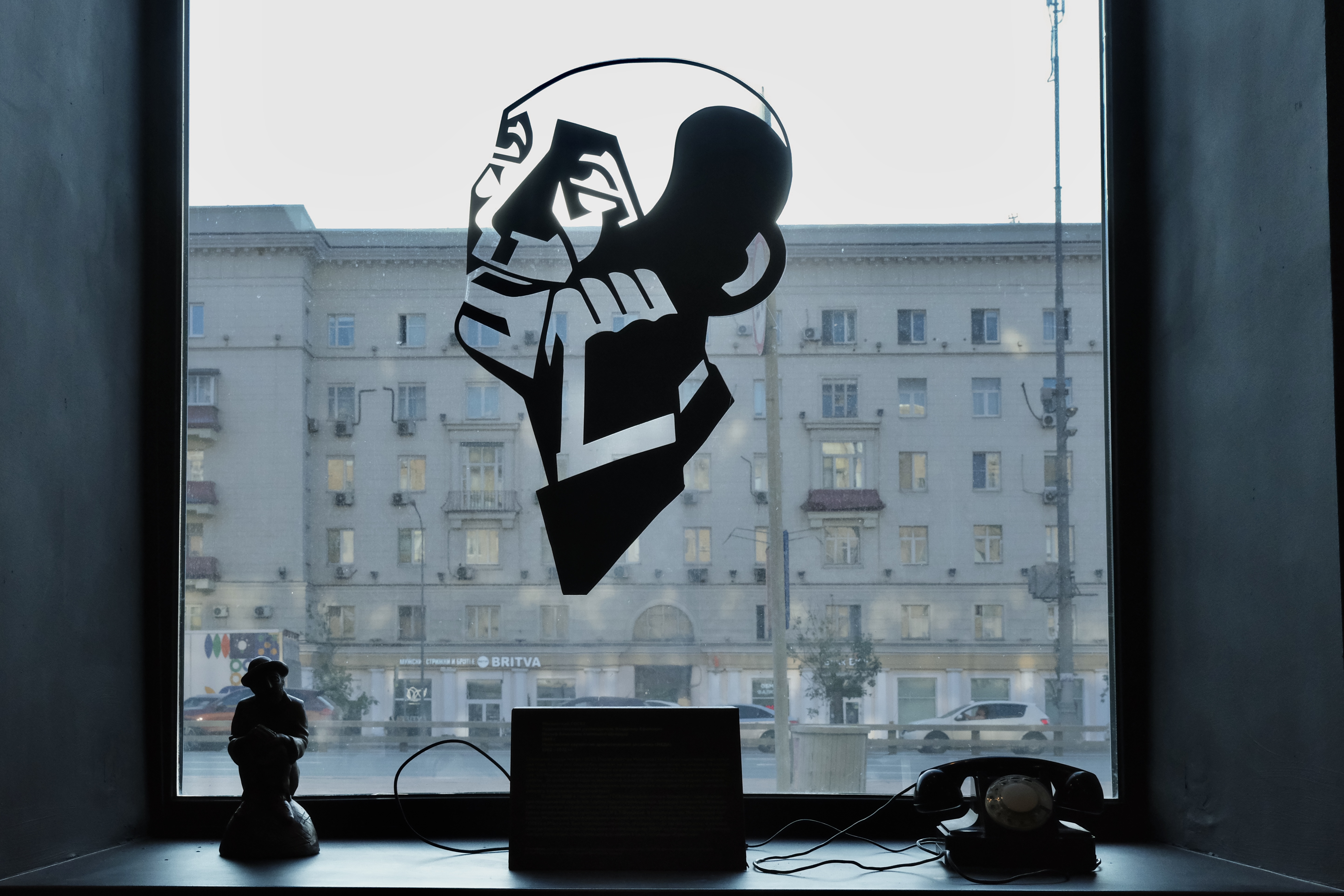
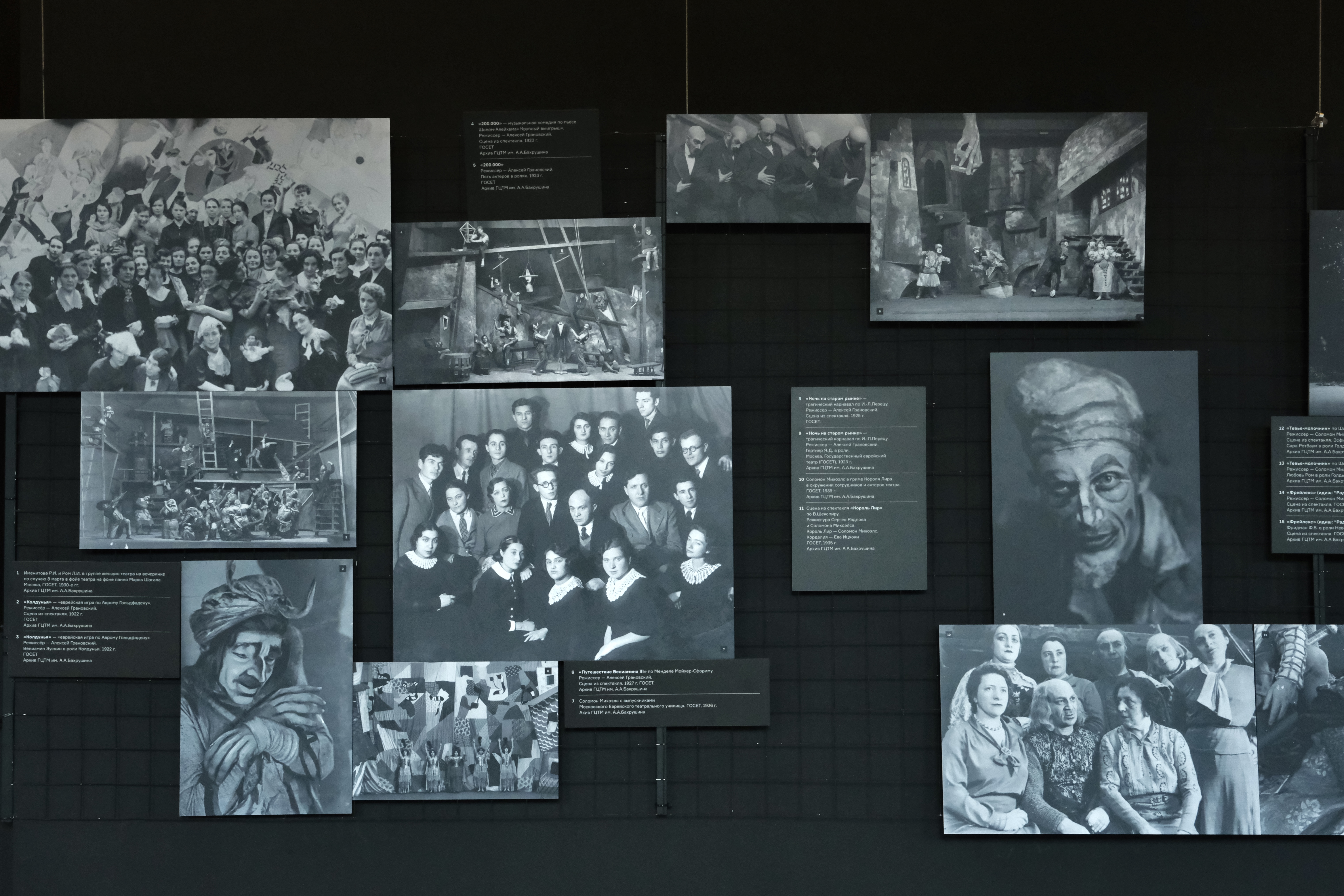
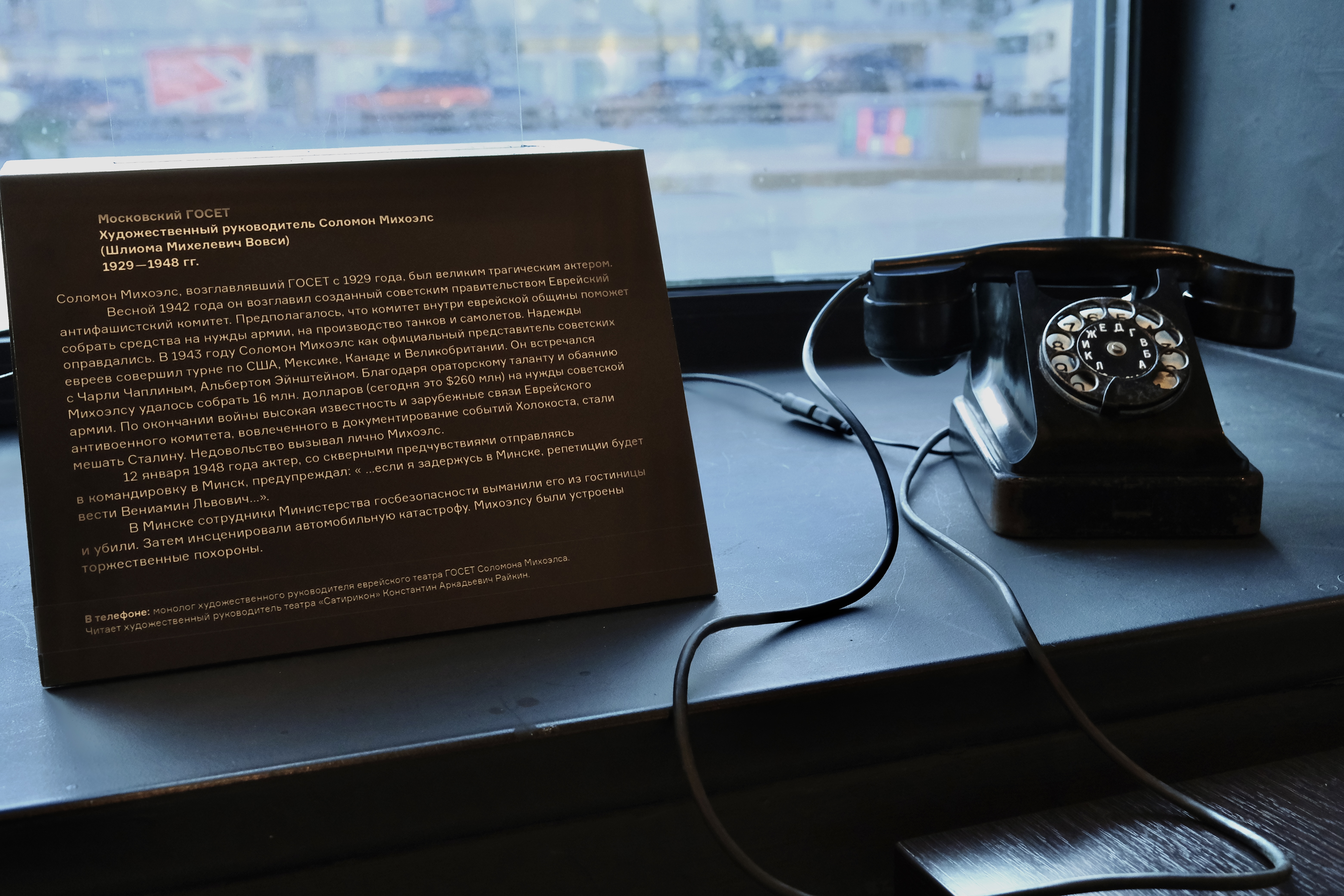
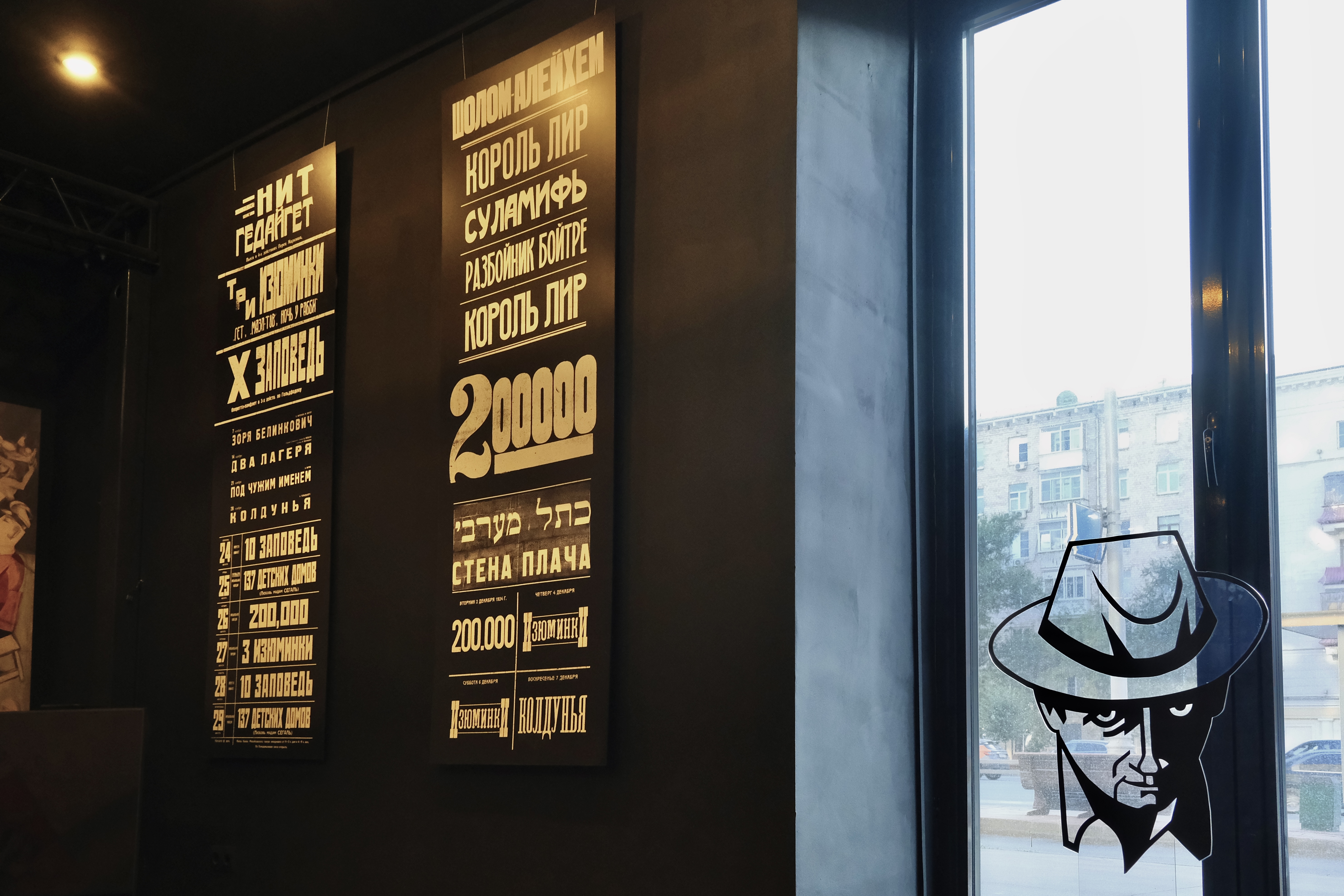
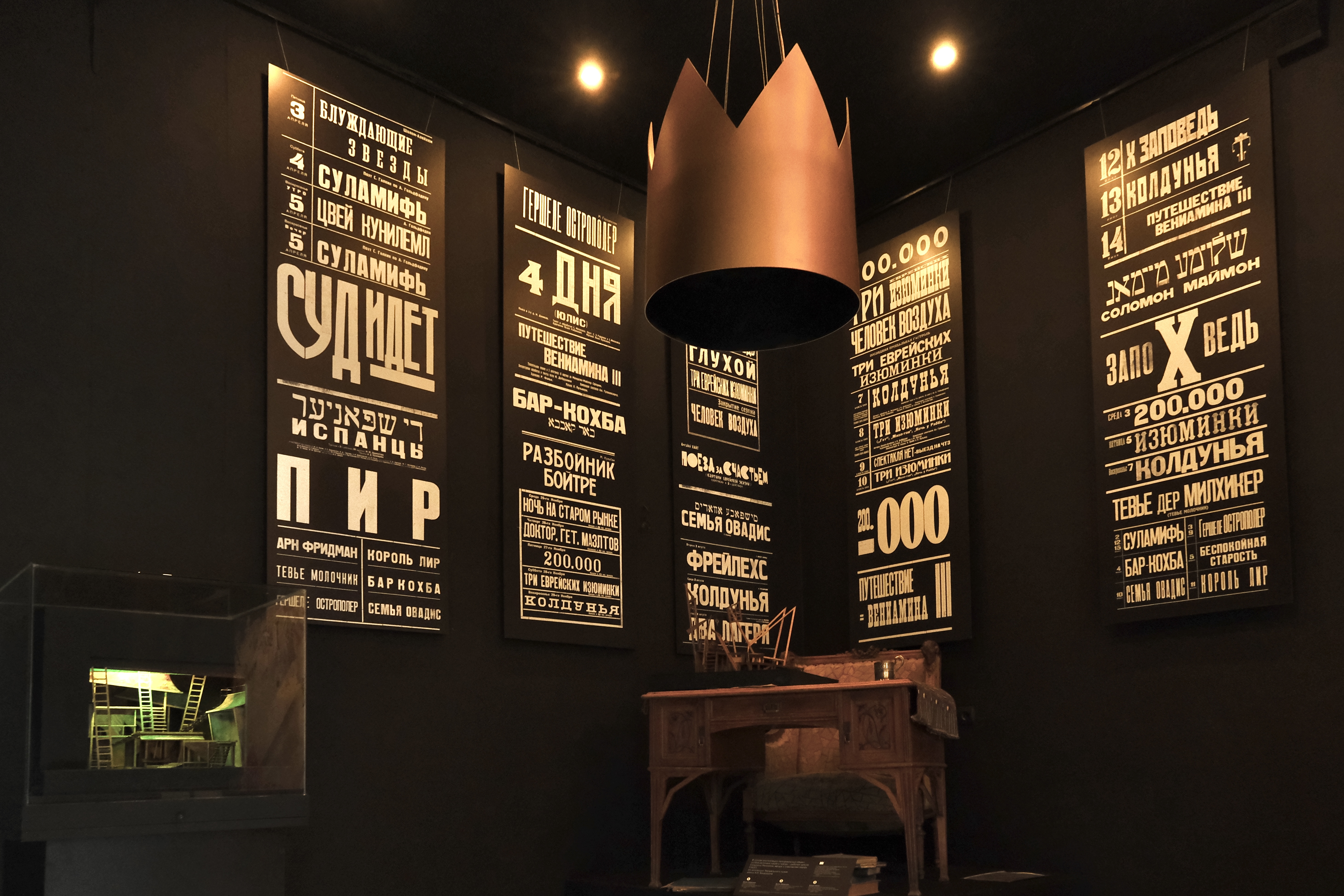
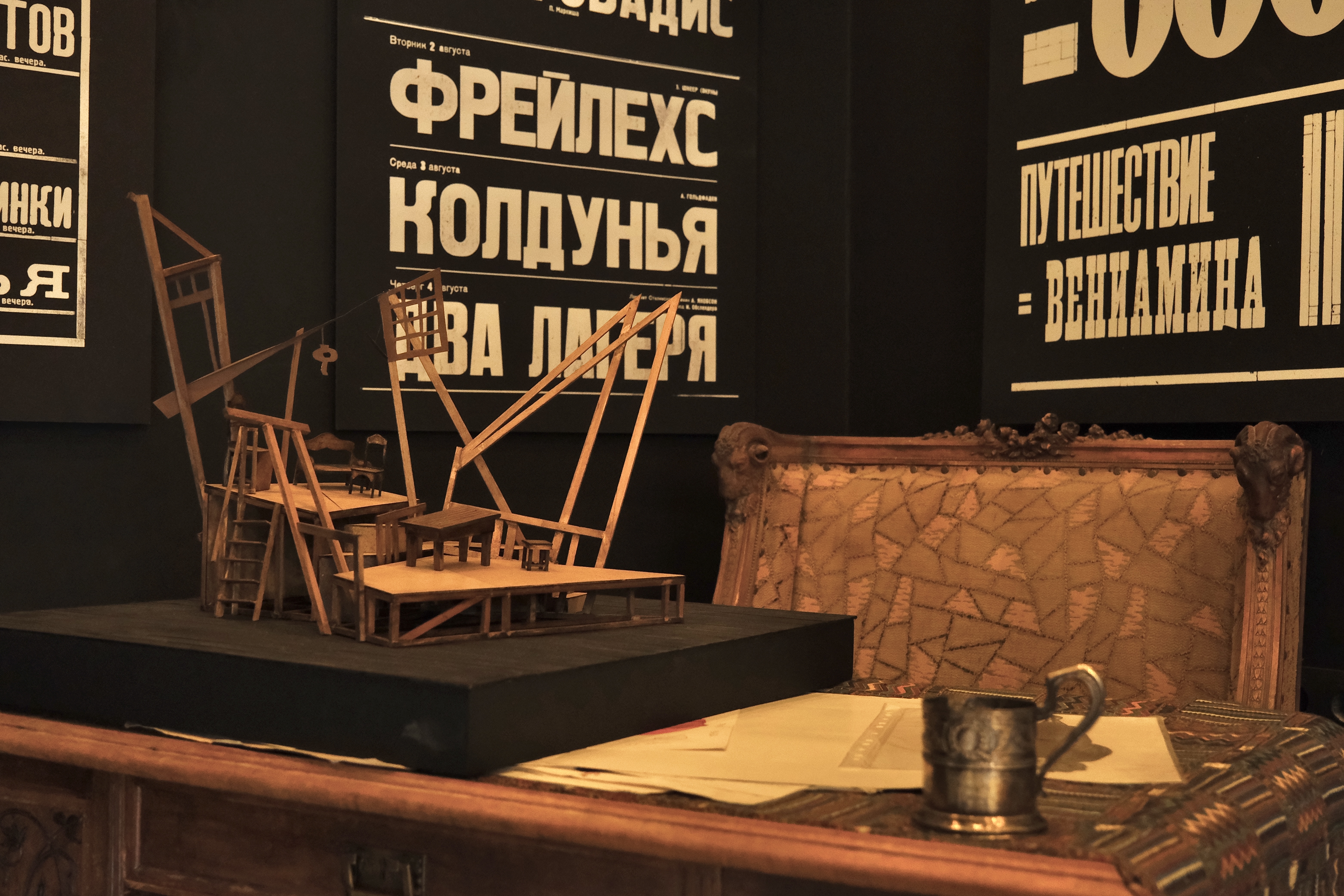
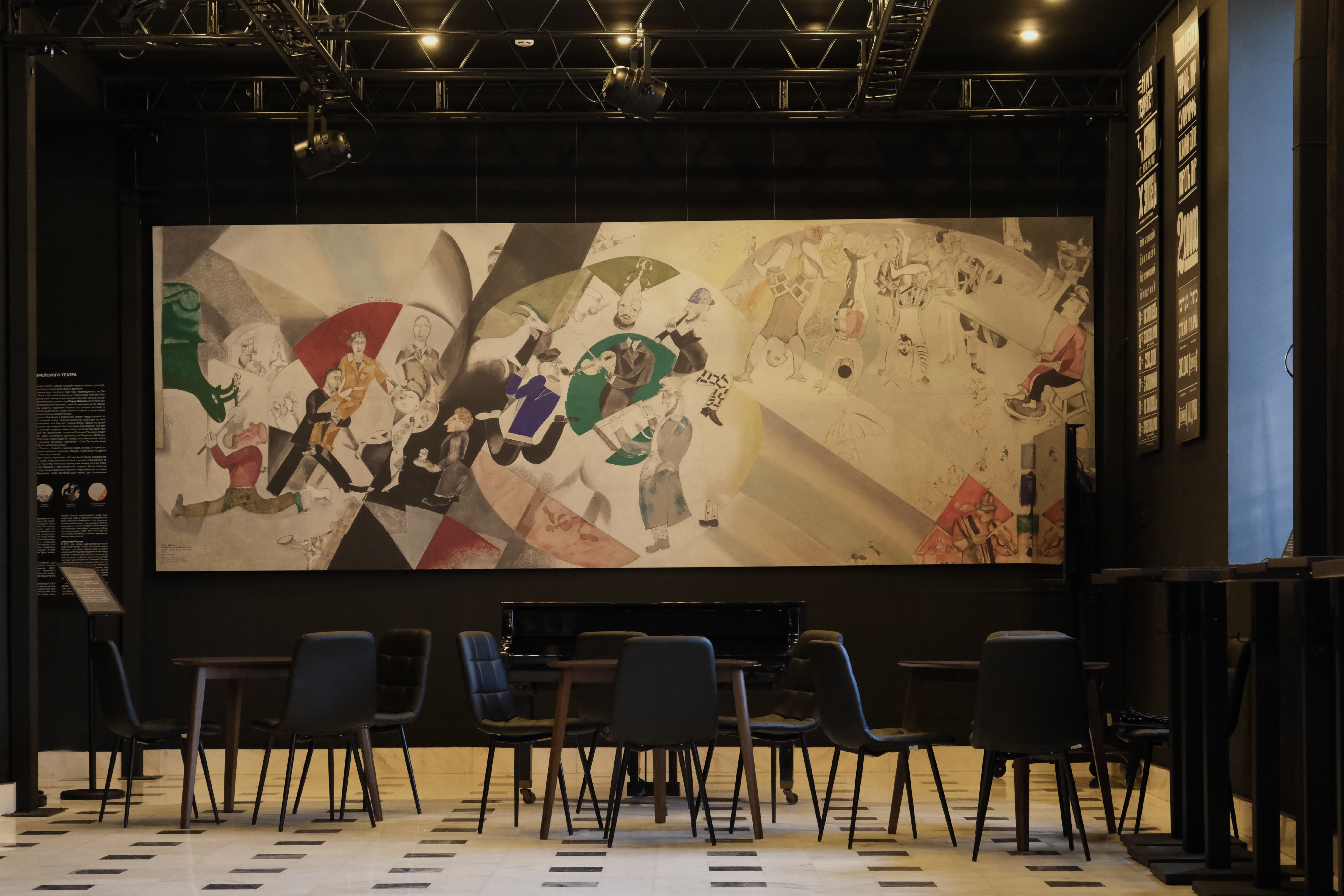
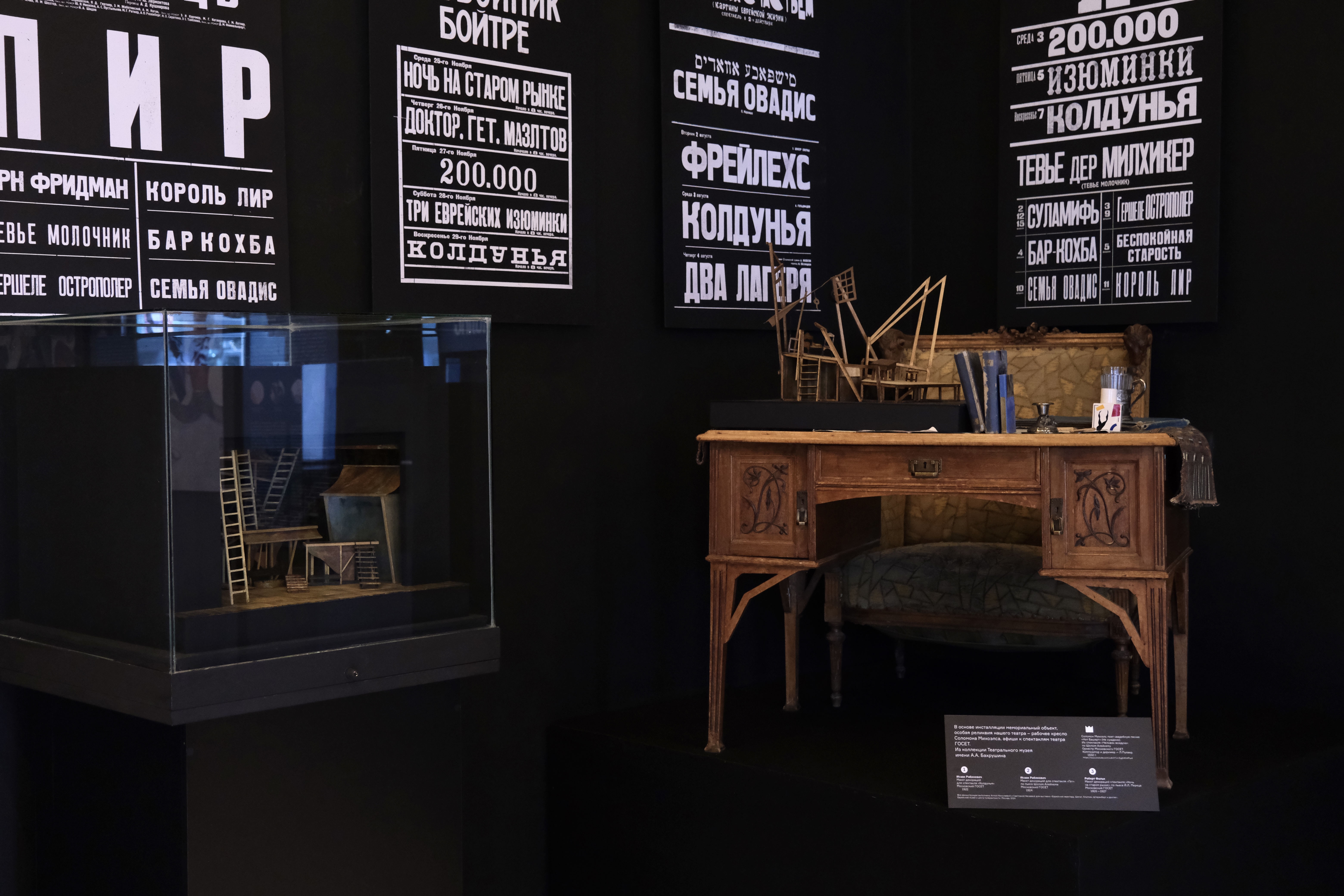
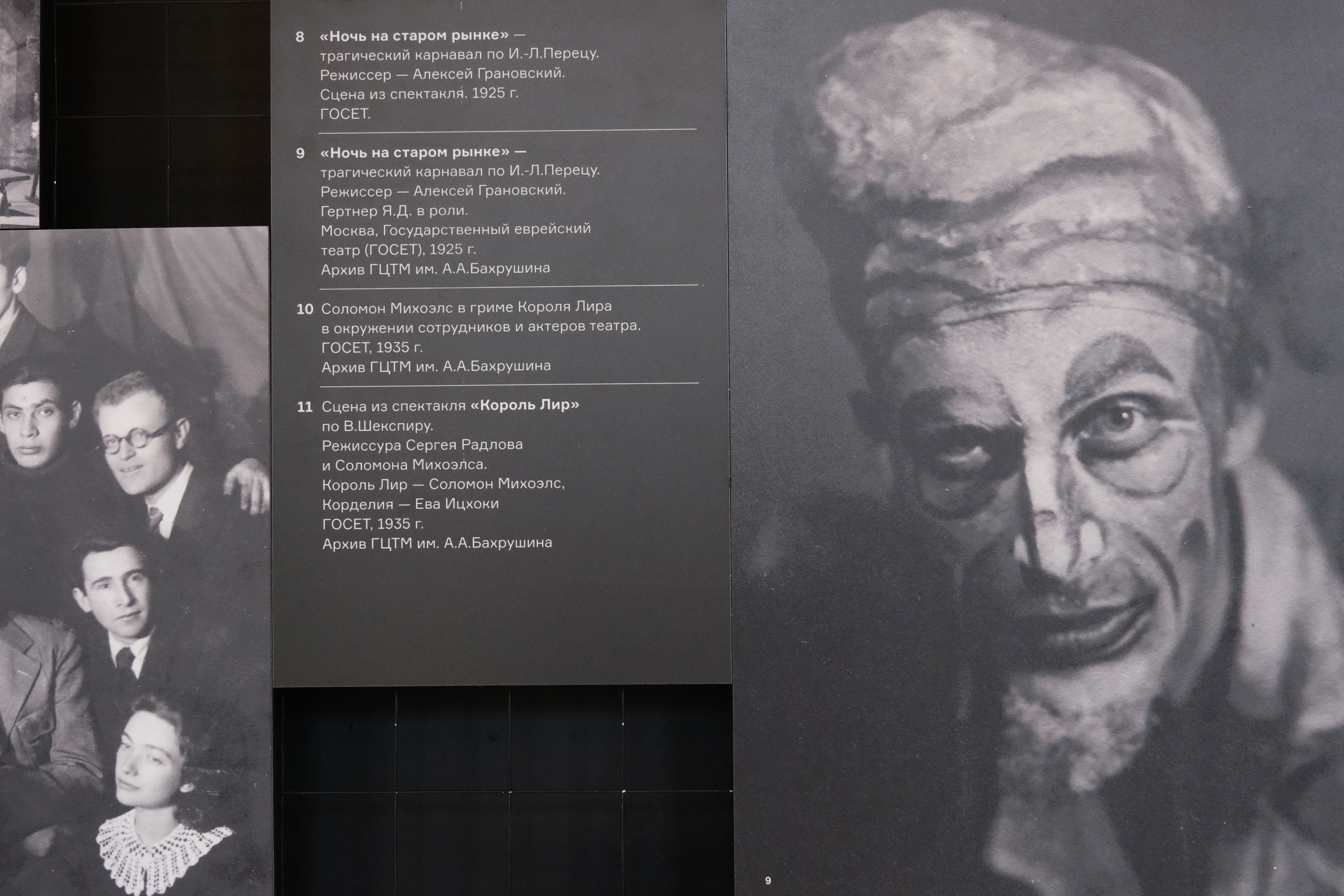
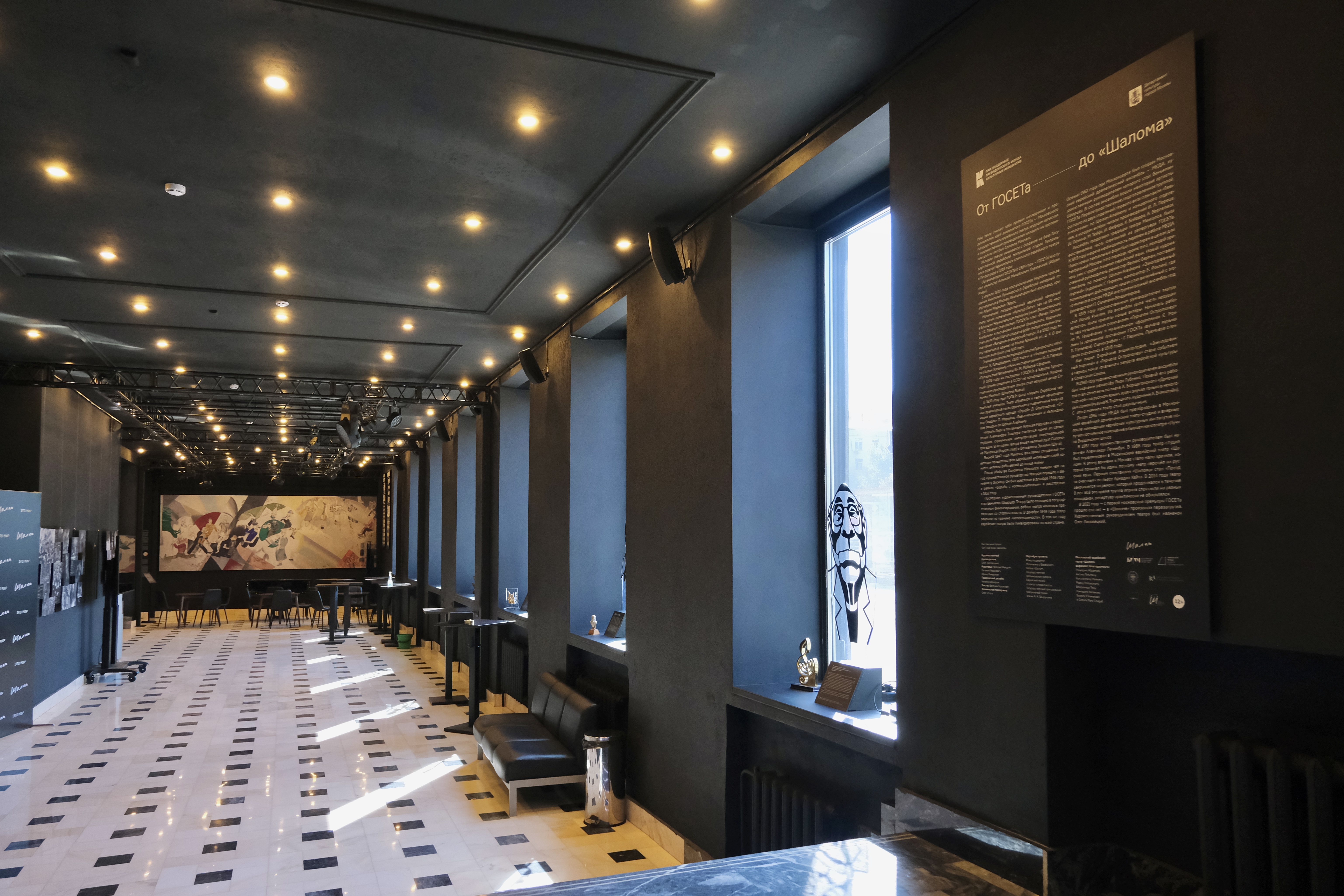
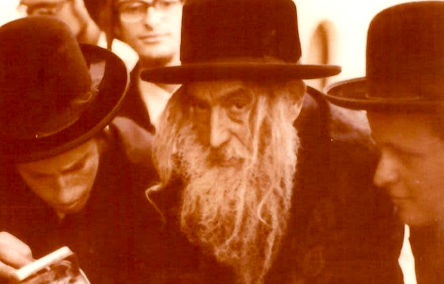
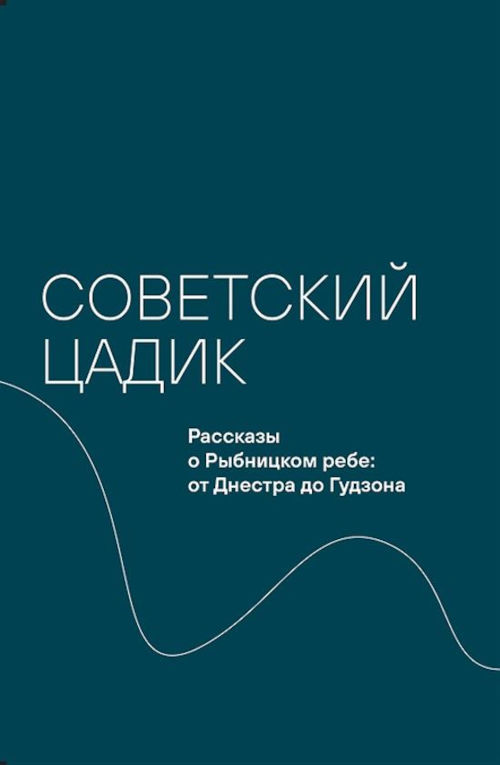 The Moscow publishing house Kuchkovo Polye released a new Russian book titled The Soviet Tzaddik. Stories about the Ribnitzer Rebbe: from the Dniester to the Hudson River, edited by Dr. Valery Dymshits, Dr. Maria Kaspina and Dr. Alexandra Poljan. Rather than focusing on the Ribnitzer Rebbe as a historical personality, the monograph explores the rich folkloric material surrounding this figure, largely collected from contemporary Hasidic materials written in Yiddish. It is the first major academic study of this subject.
The Moscow publishing house Kuchkovo Polye released a new Russian book titled The Soviet Tzaddik. Stories about the Ribnitzer Rebbe: from the Dniester to the Hudson River, edited by Dr. Valery Dymshits, Dr. Maria Kaspina and Dr. Alexandra Poljan. Rather than focusing on the Ribnitzer Rebbe as a historical personality, the monograph explores the rich folkloric material surrounding this figure, largely collected from contemporary Hasidic materials written in Yiddish. It is the first major academic study of this subject.
